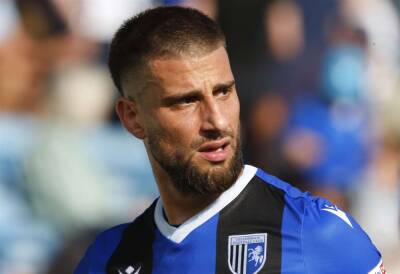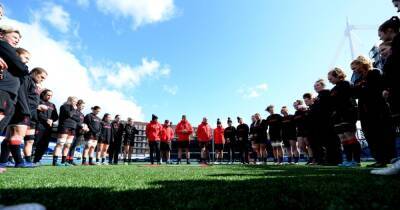Why AFLW players are up to six times more likely to injure their ACLs than men
AFLW player Jacqui Yorston describes them as «the three letters no-one ever wants to utter».
An ACL (short for «anterior cruciate ligament») tear is the notorious knee injury footballers fear.
On average, they require 12 months of rehabilitation, and, as was the case when Erin Phillips fell to the turf during the 2019 grand final, they can send a stadium of raucous fans silent in one dreaded moment.
In Yorston's case, the injury occurred innocuously at a training session in January 2021.
The Gold Coast Sun hadn't done an ACL before, but she knew immediately what it was.
«I just had to wait for the scans to tell me how bad it was,» she tells ABC Sport.
«Some people describe it like a pop, but I didn't feel a pop.
»I just felt instant pain."
Yorston remembers the team physio rushing to her side and asking her to roll over.
«But I couldn't lift my leg,» she says.
«It genuinely felt like my lower leg wasn't connected to my femur [bone].»
As it turns out, Yorston's instincts weren't far off.
Scans would later show that in addition to tearing her ACL, she had also torn her MCL (medial collateral ligament), lateral and medial meniscus.
Kay Crossley is the director of LaTrobe University's Sport and Exercise Medicine Research Centre.
She has previously worked with the AFL on Prep to Play, an ACL injury prevention program, and is now leading work to prevent knee injuries in women's community football in Victoria.
The two biggest risk factors for doing an ACL, Professor Crossley says, are whether you have done an ACL before, and a family history of ACLs.
In this regard, Yorston's genes were working against her. One of six children, her mum had done three ACLs, and her brothers Josh and Ryan two each.
But the former Brisbane Lion never considered







